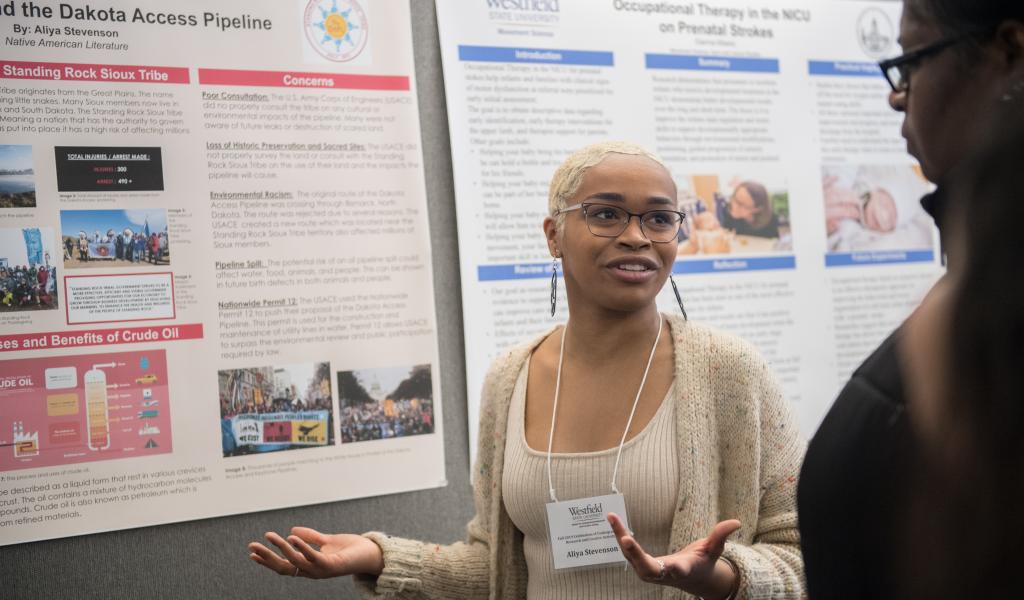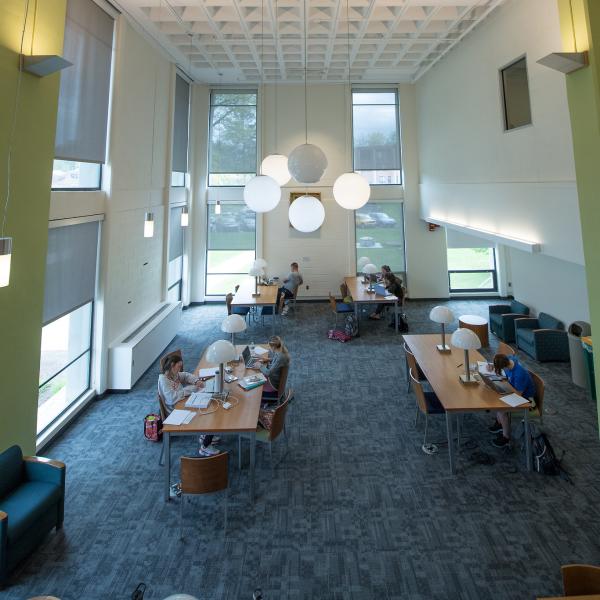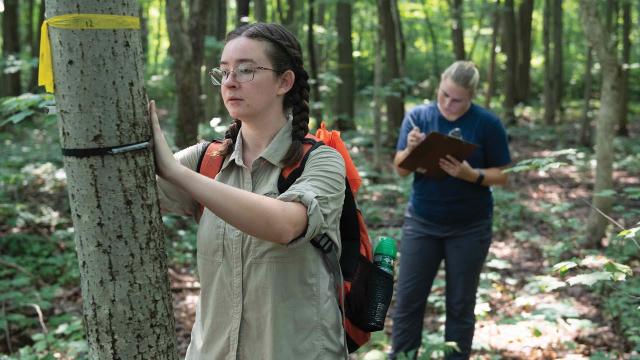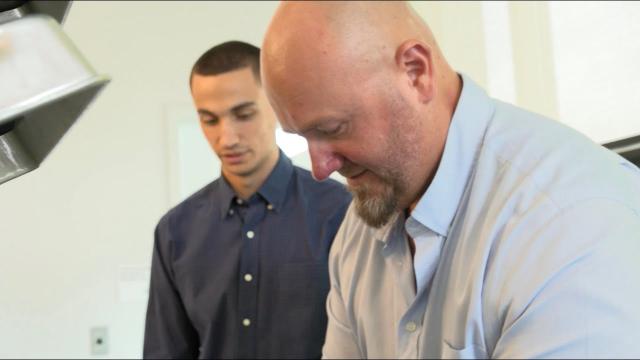
Center for Undergraduate Research & Creative Activity
(CURCA)

Spring 26 CURCA Celebration: April 24, 1-5 pm, Dower Center
Would you like to explore your passions, expand your knowledge, and create a competitive portfolio of meaningful skills and experiences?
The Center for Undergraduate Research and Creative Activity (CURCA) helps students pursue research and creative scholarship. Our goal is to remove barriers and empower students by facilitating and fostering collaborative engagement, professional development, and funding to support student research and creative activity in and out of the classroom.
CURCA supports students at all levels of the curriculum, including First-Year and Common Core Classes, Independent Studies, Major-specific classes, and Honors projects. We provide opportunities for students to explore their passions, expand their knowledge, and create a competitive portfolio of meaningful skills and experiences.
Registration and Submission Information
March 20th: Registration Opens
April 3rd: Registration and Poster Files Due
Registration and Poster Submission Form
NOTE: If you miss the registration deadline, contact Misty Woodbury at mwoodbury@westfield.ma.edu.
Poster Formatting and Guidelines
Basic poster template
You can also use any number of free poster templates that you can find on the web. Make sure you can download them as a PowerPoint slide to create and ensure it's the correct size before designing. To check or change the size in PowerPoint: 1) click on the "Design" tab. 2) under "Slide Size," click on "Custom Slide Size," (or “Page Setup”) and 3) set the dimensions to 36" x 42" or 42" x 36."
Note: if you are using Canva please follow these instructions for resizing your poster.
Poster Guidelines
- Poster sizes must be 36" x 42" and can be portrait or landscape. NO OTHER SIZE ACCEPTED. (If you do not size your poster correctly, it will affect how it is printed and the results will likely be dissappointing.).
- Please proofread all submissions, as we do not edit.
- Save posters as .PDFs. No other file types are accepted.
- You must submit your posters with your CURCA Registration.
- CURCA will cover the printing cost for one poster per registration.
- CURCA will only print posters submitted through the registration form.
Registered students and faculty mentors will receive details and instructions soon after registration closes.
NOTE: If you are conducting human studies, you are required to have an approved irb application prior to starting your study. If you are conducting animal studies, iacuc approval is required before you begin your work. We can't accept or display any work that is not compliant with IRB or IACUS regulations.
Have questions? We're here for you.
The Center for Undergraduate Research and Creative Activity is under the leadership of Academic Affairs.




